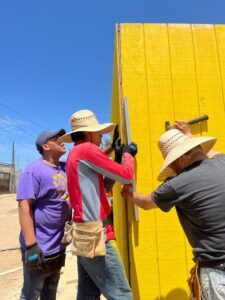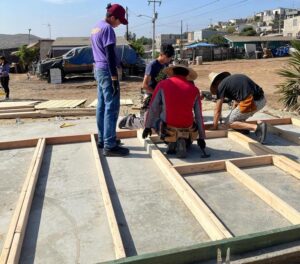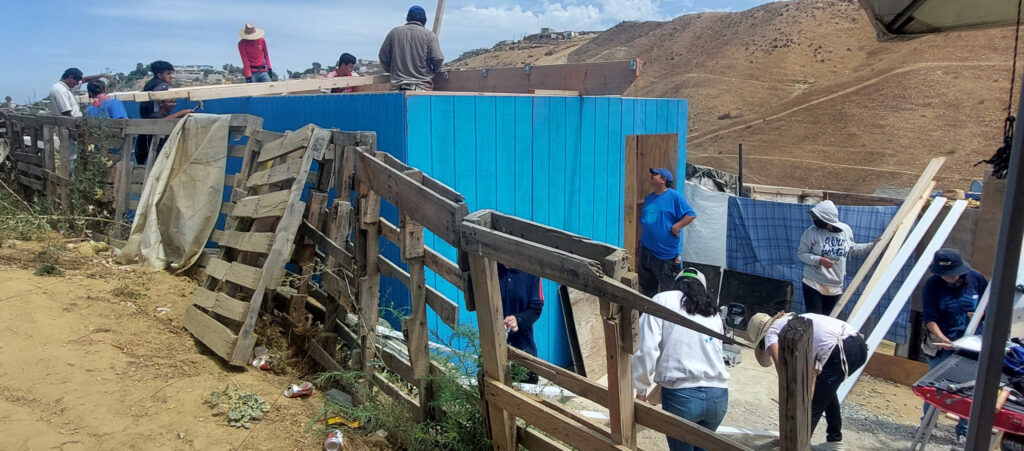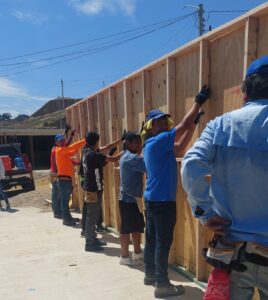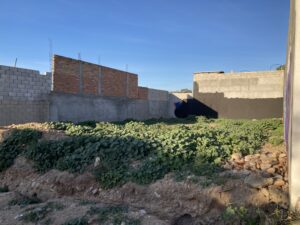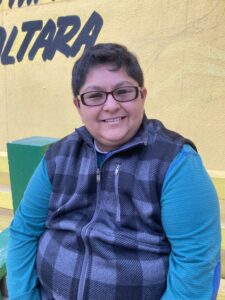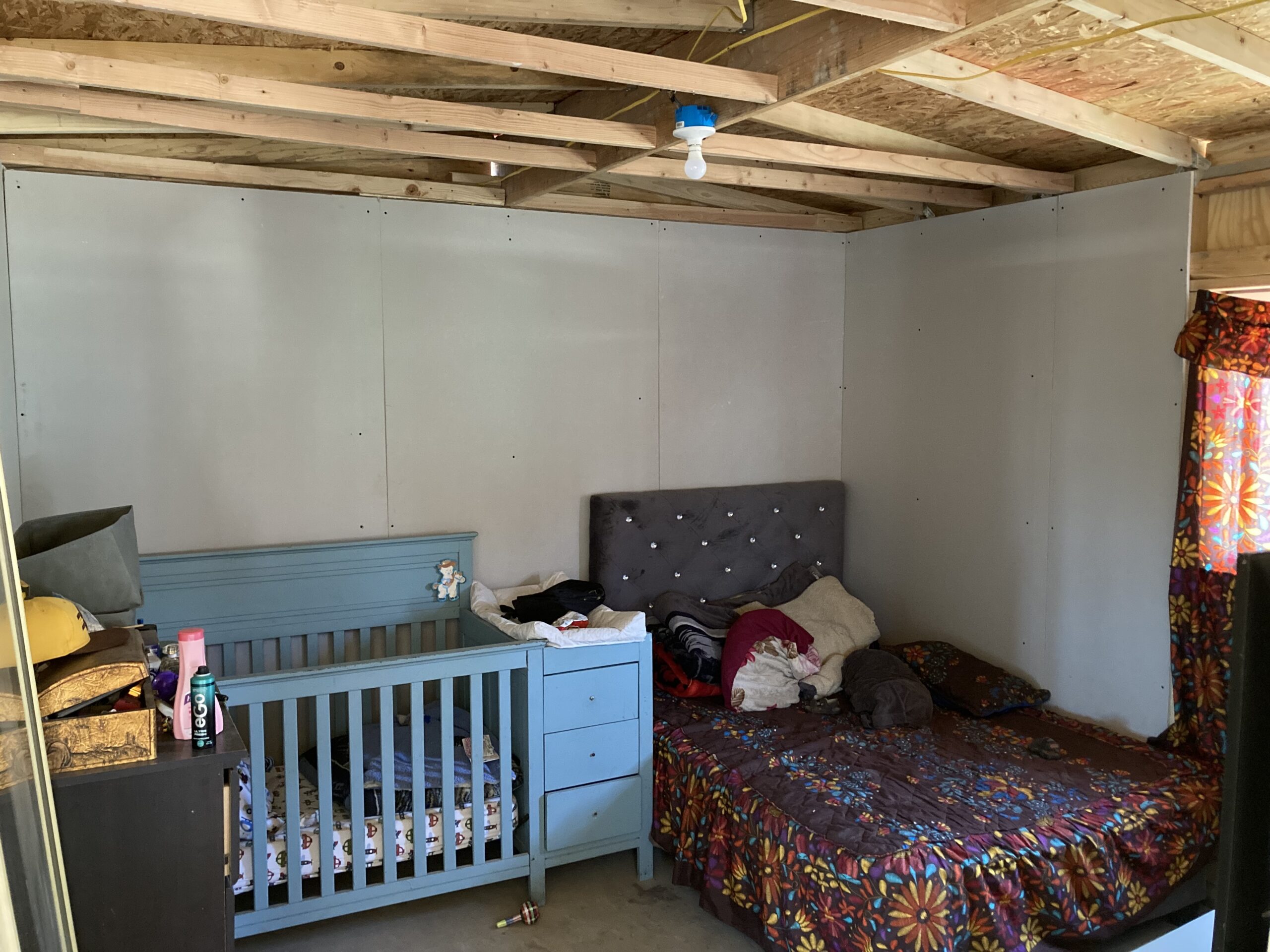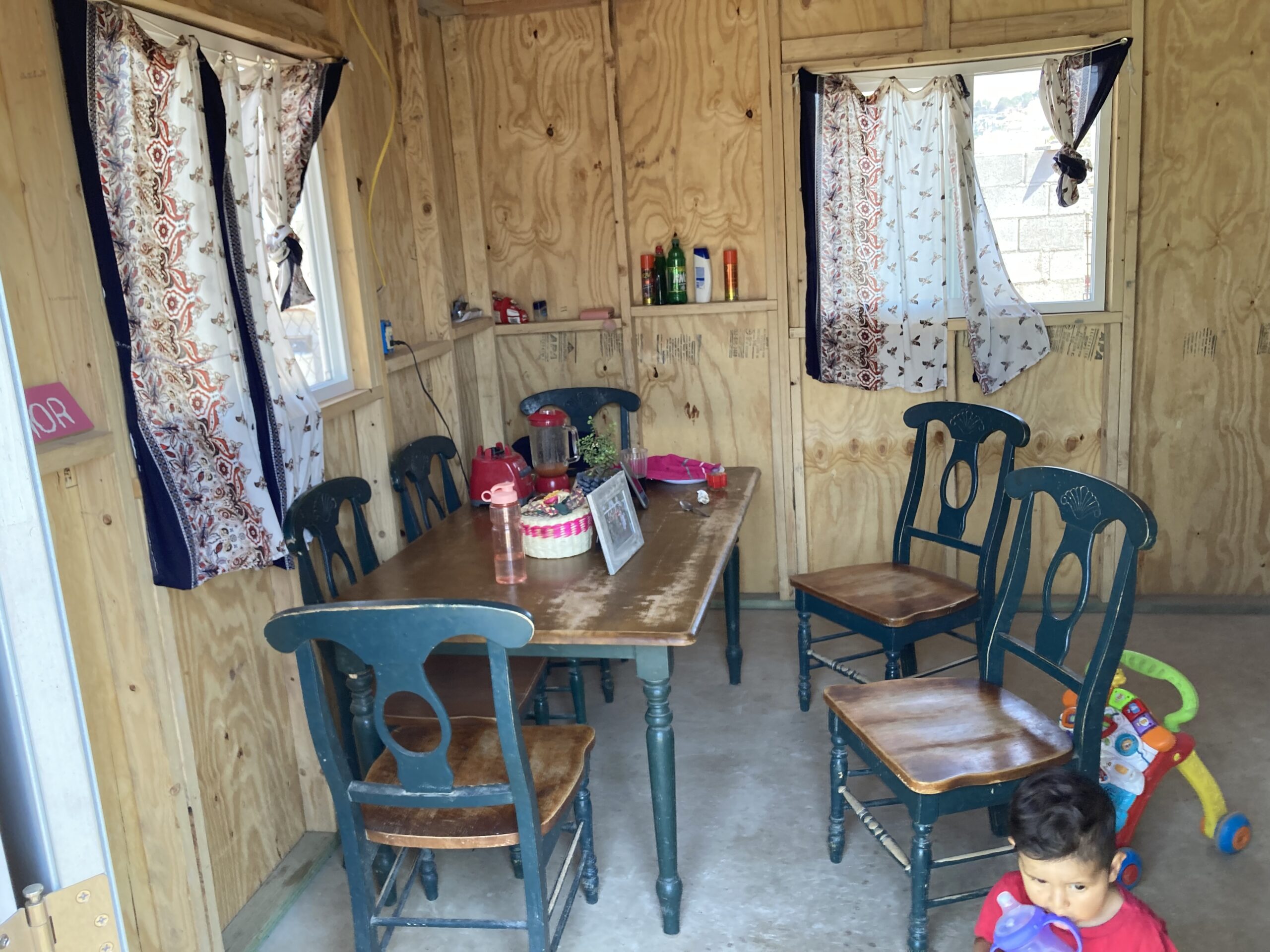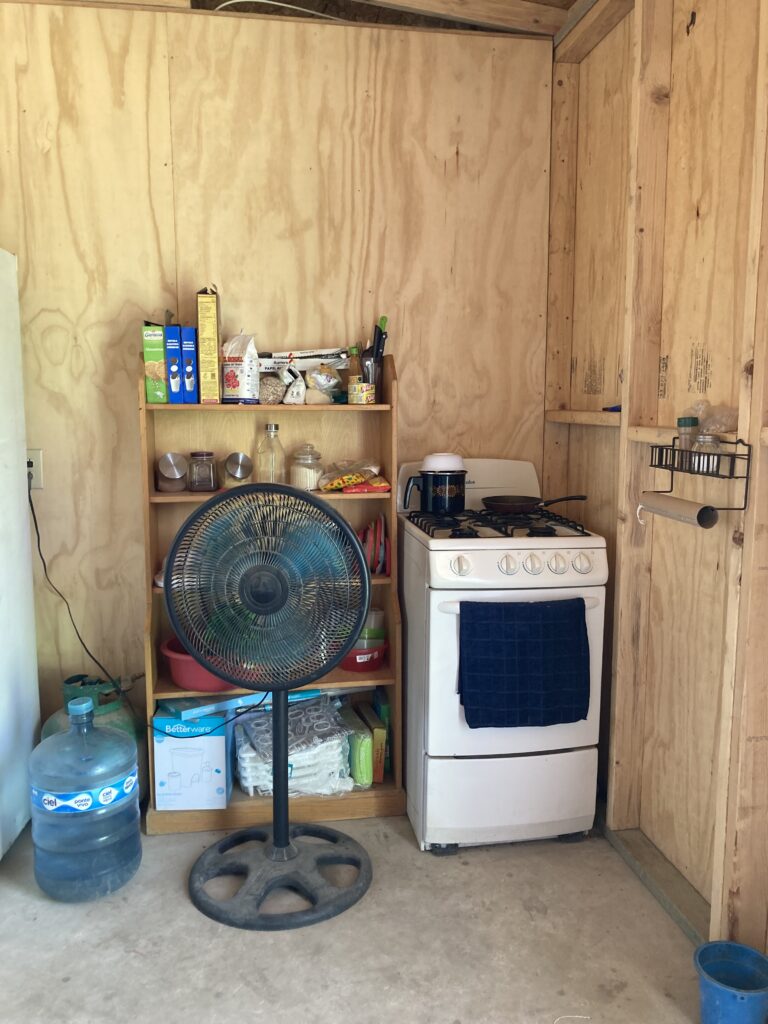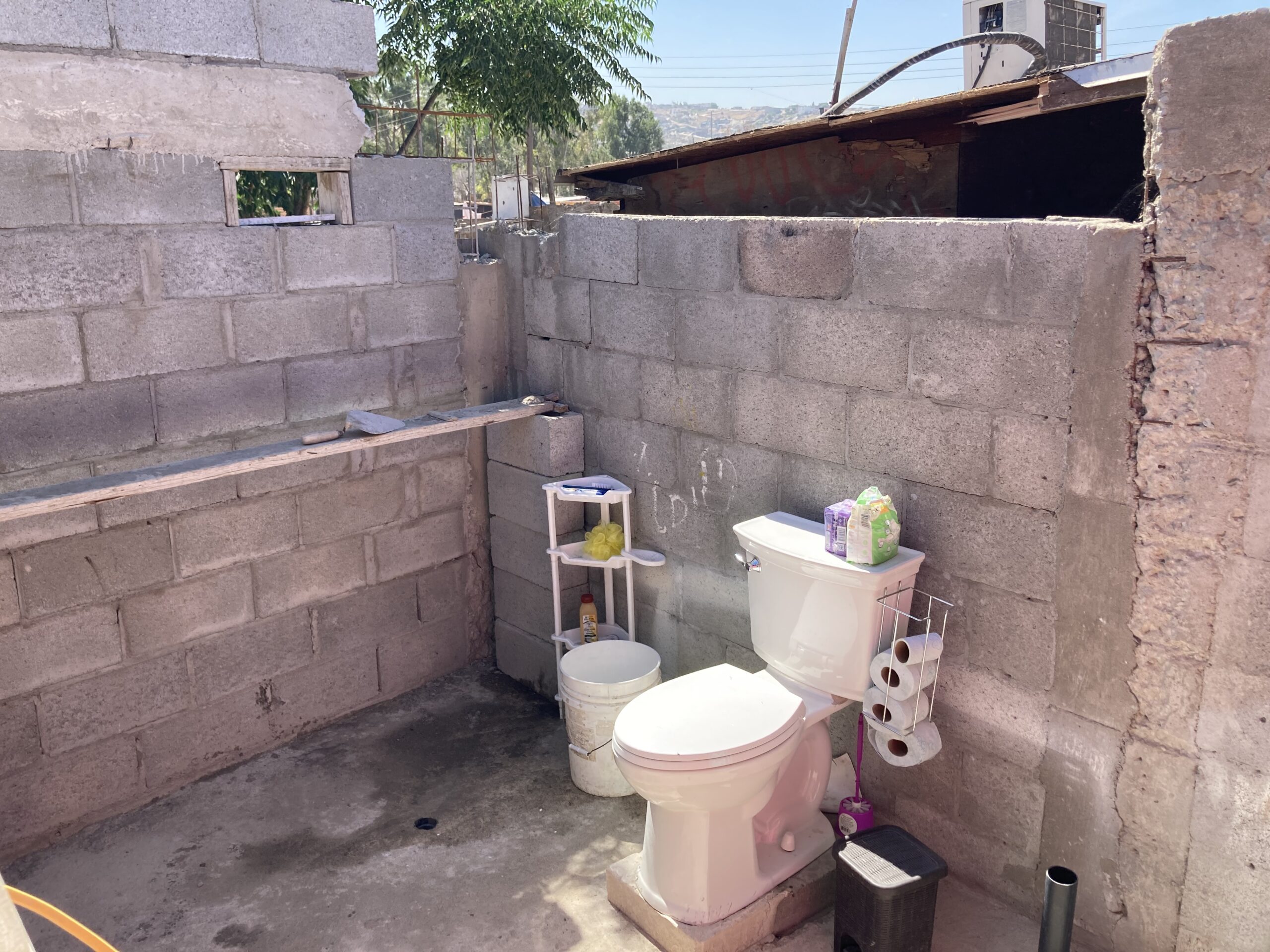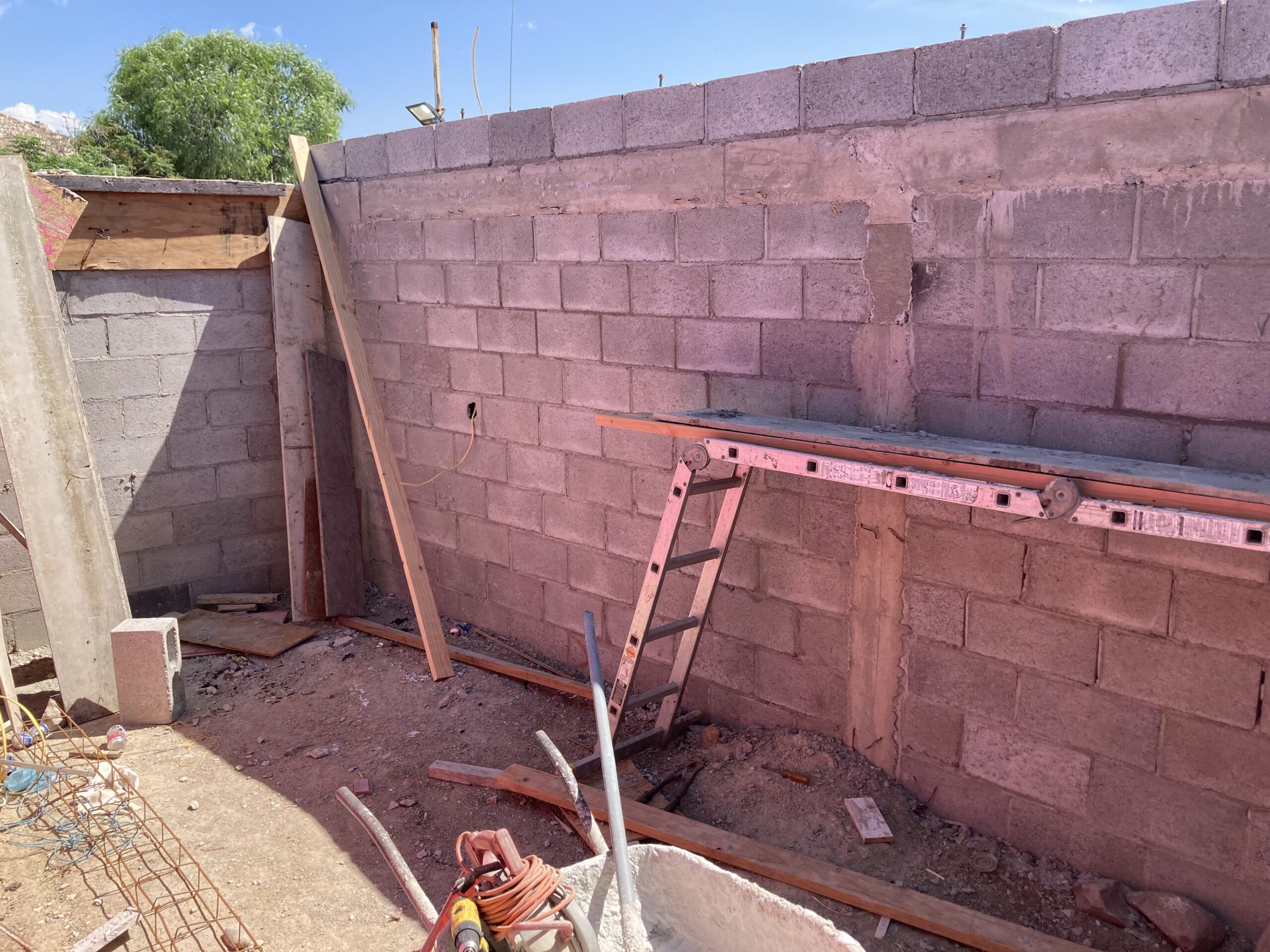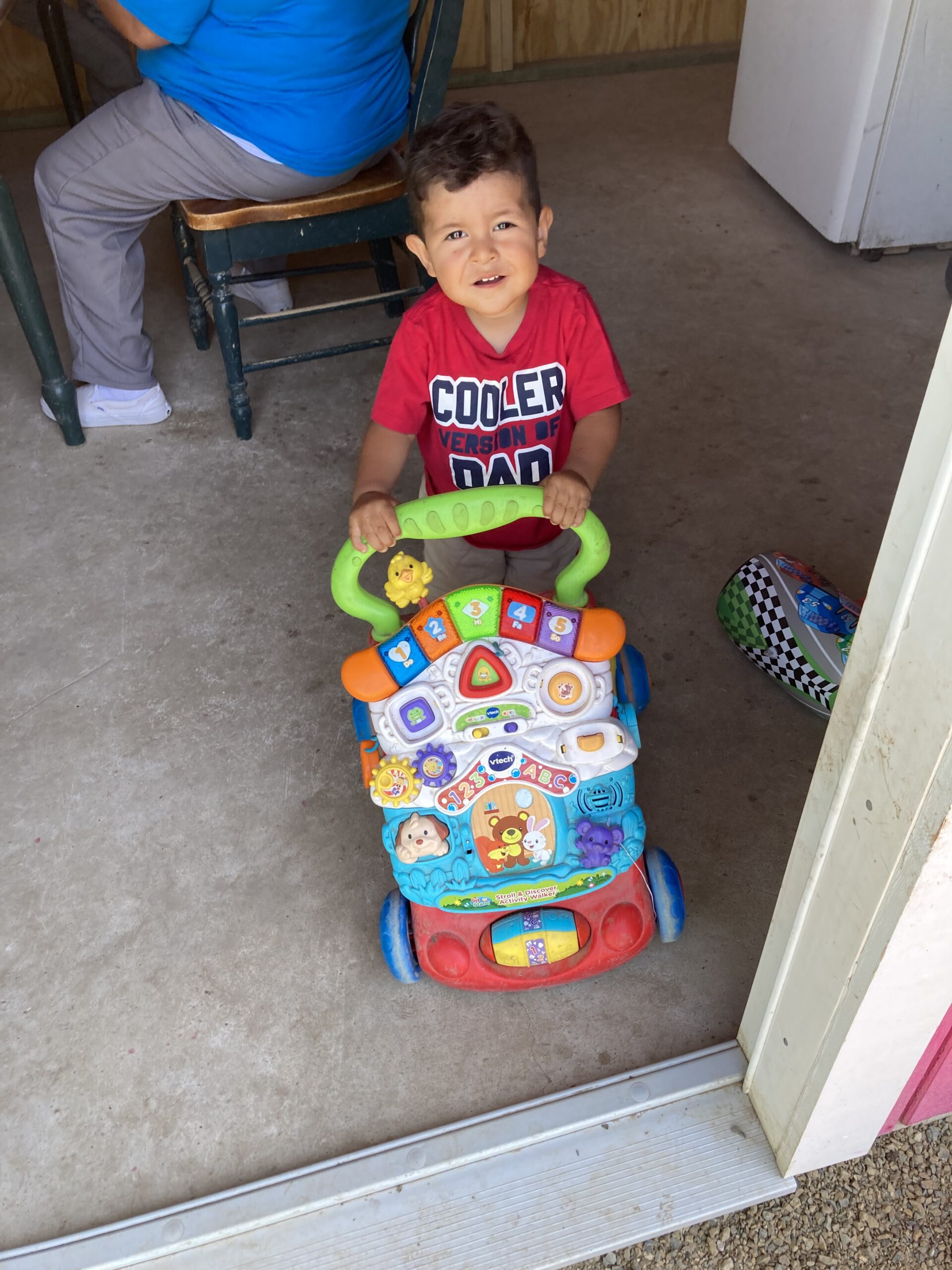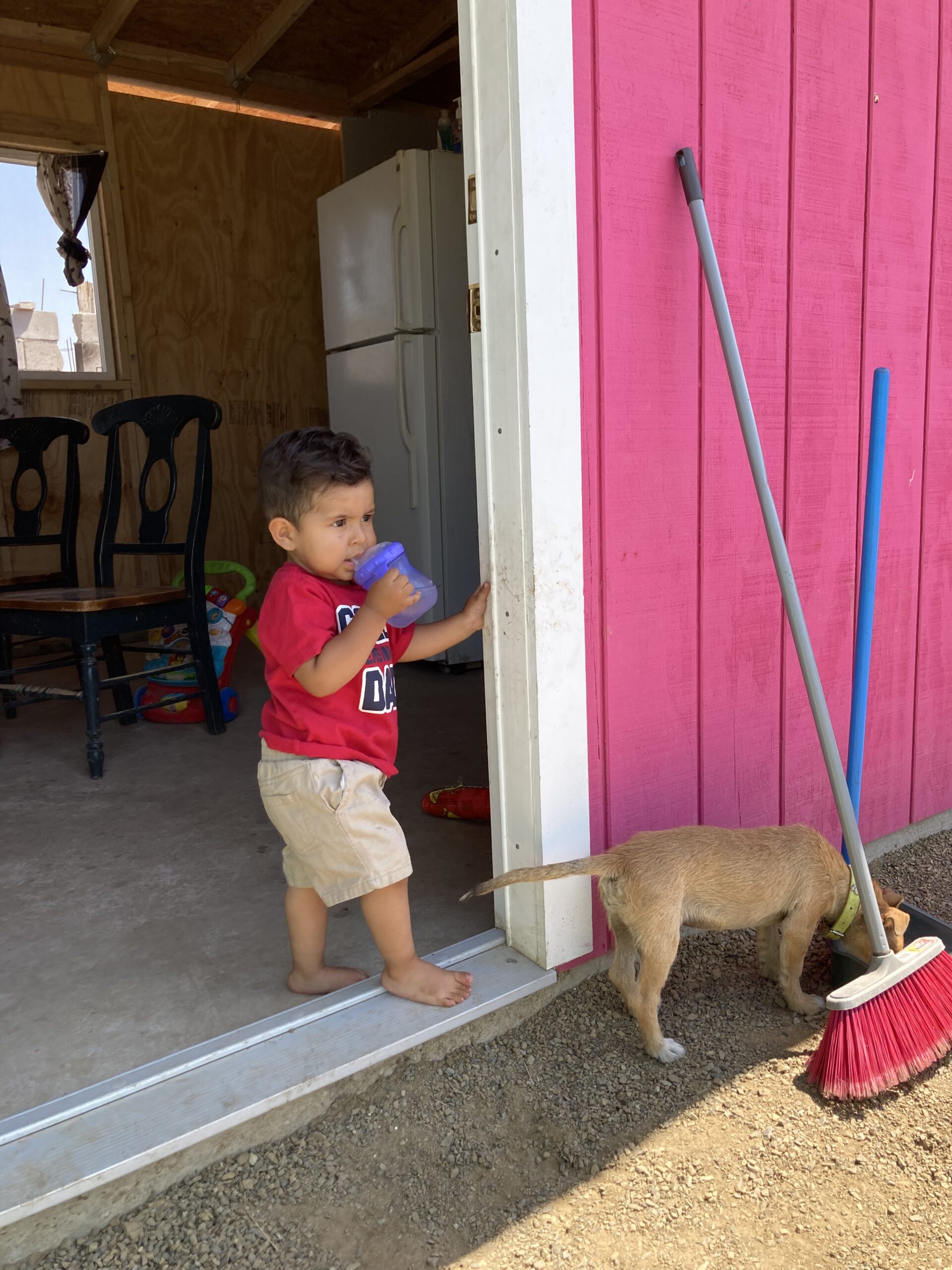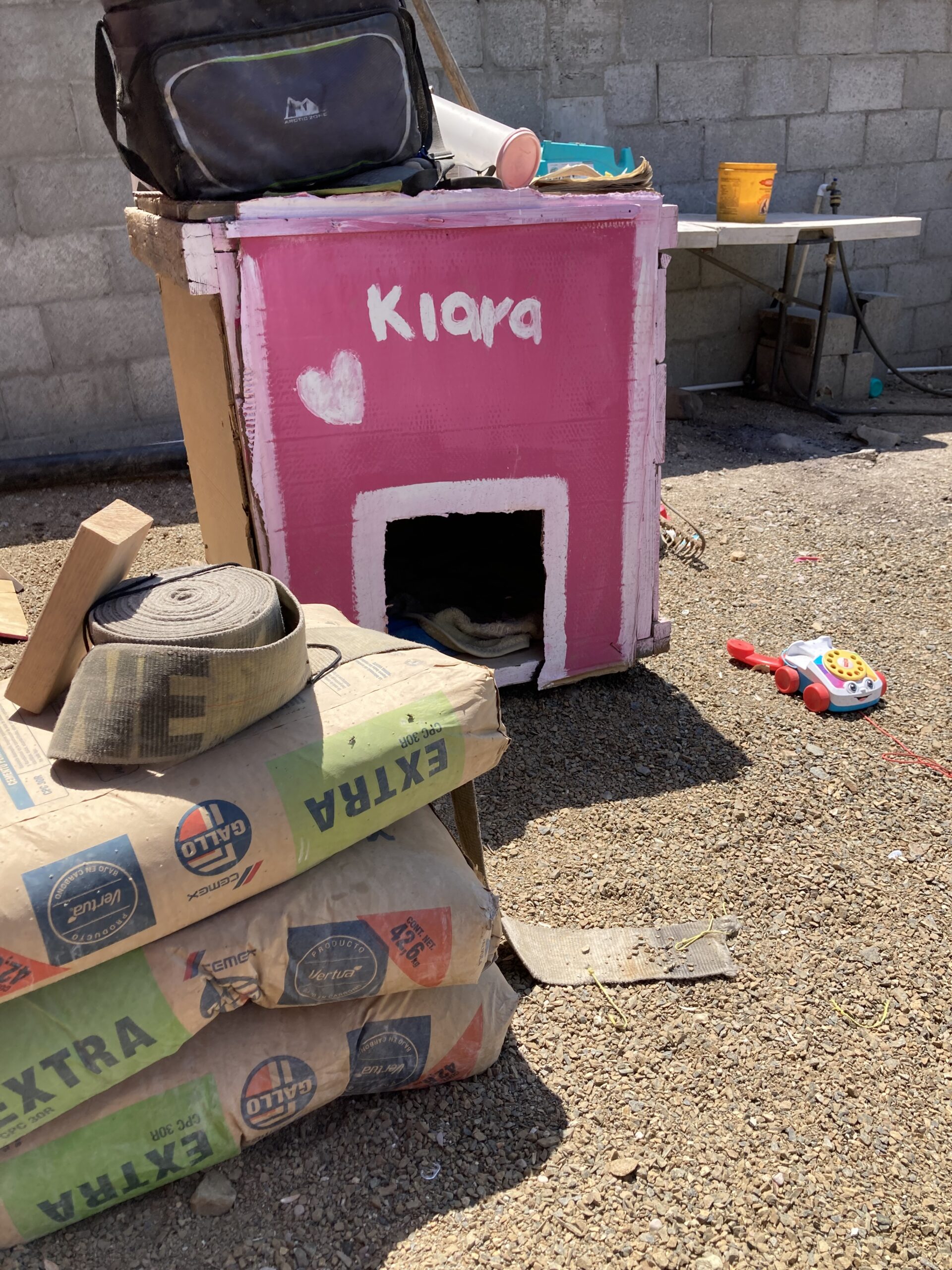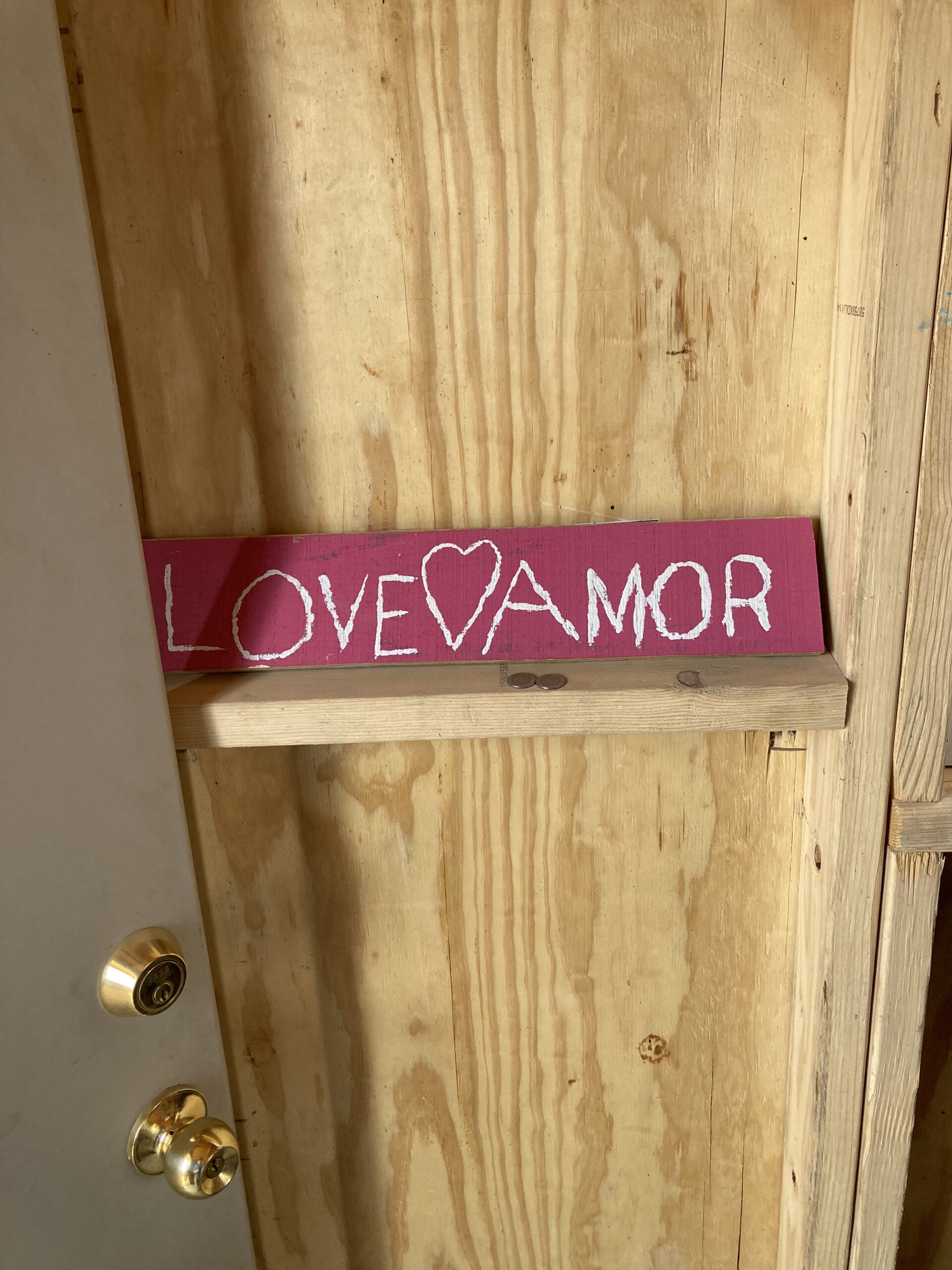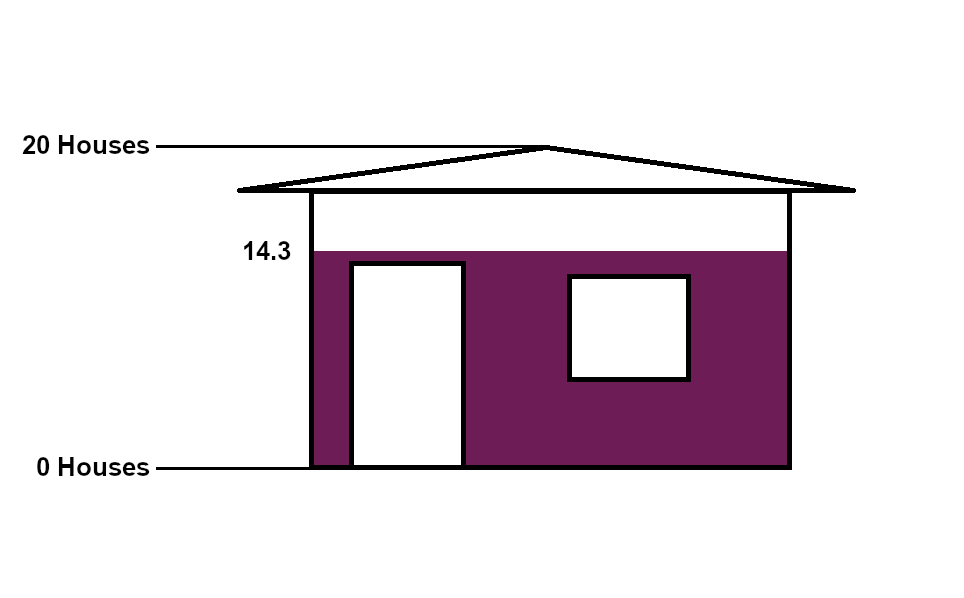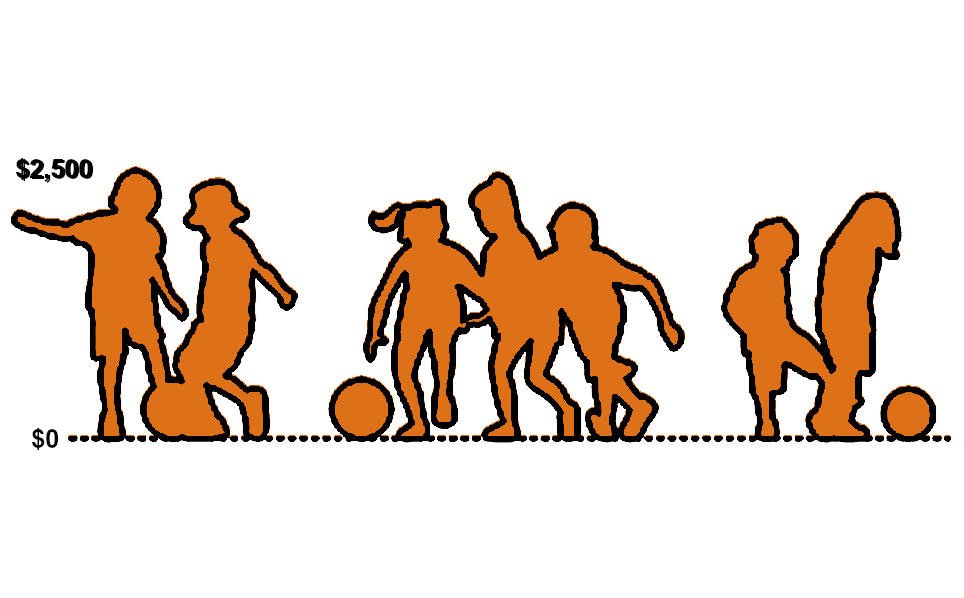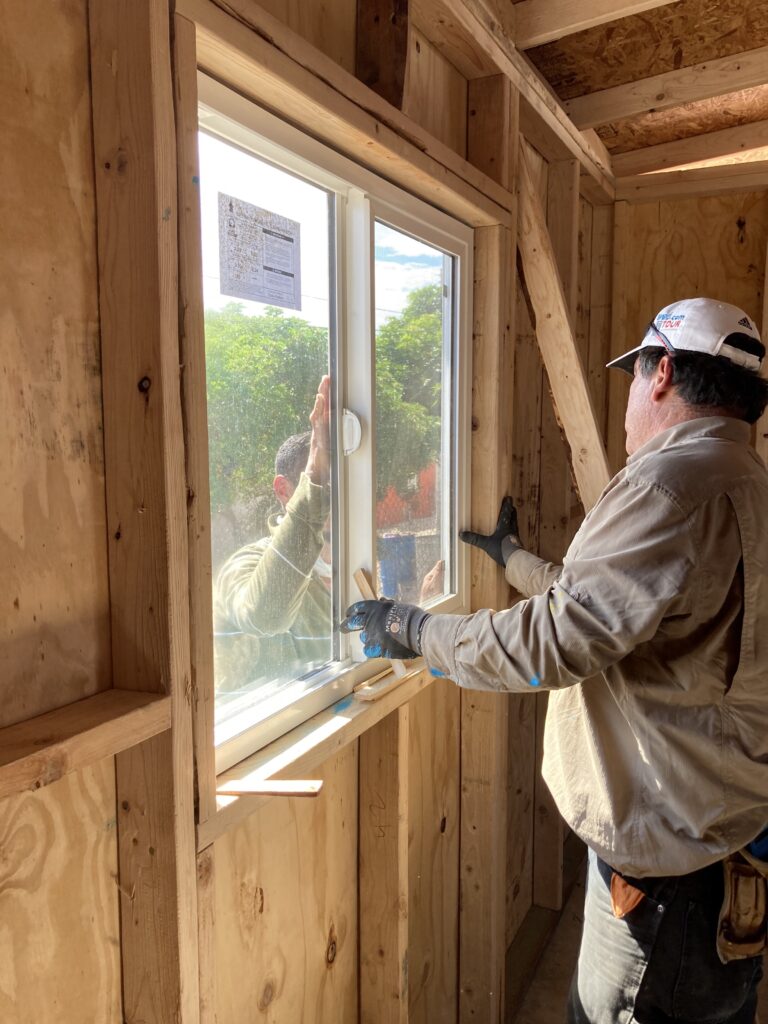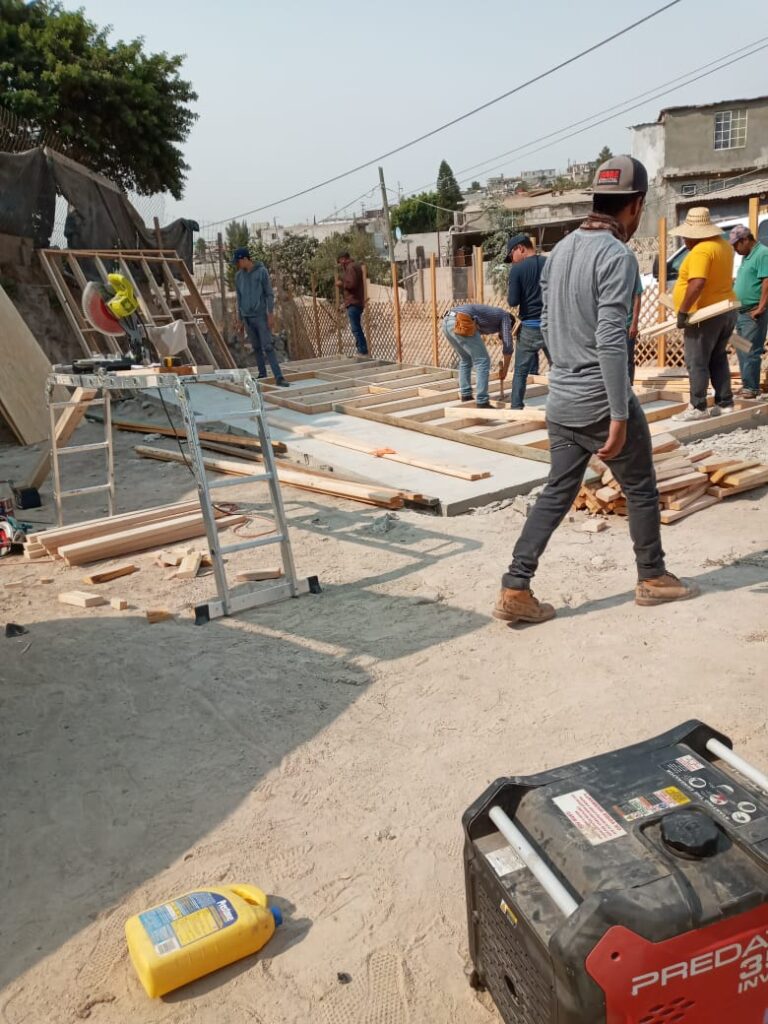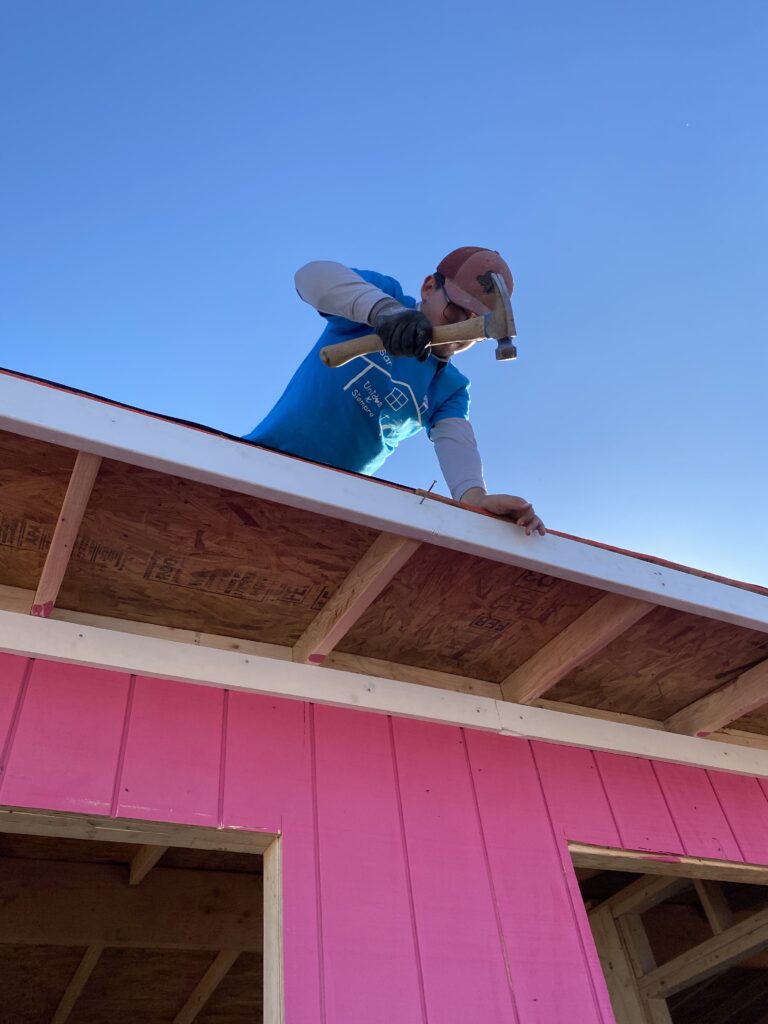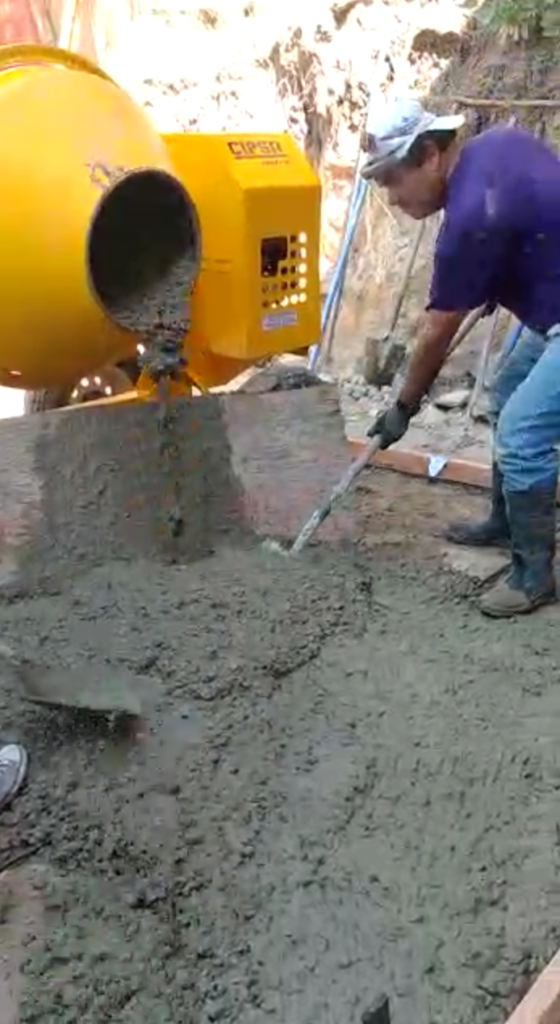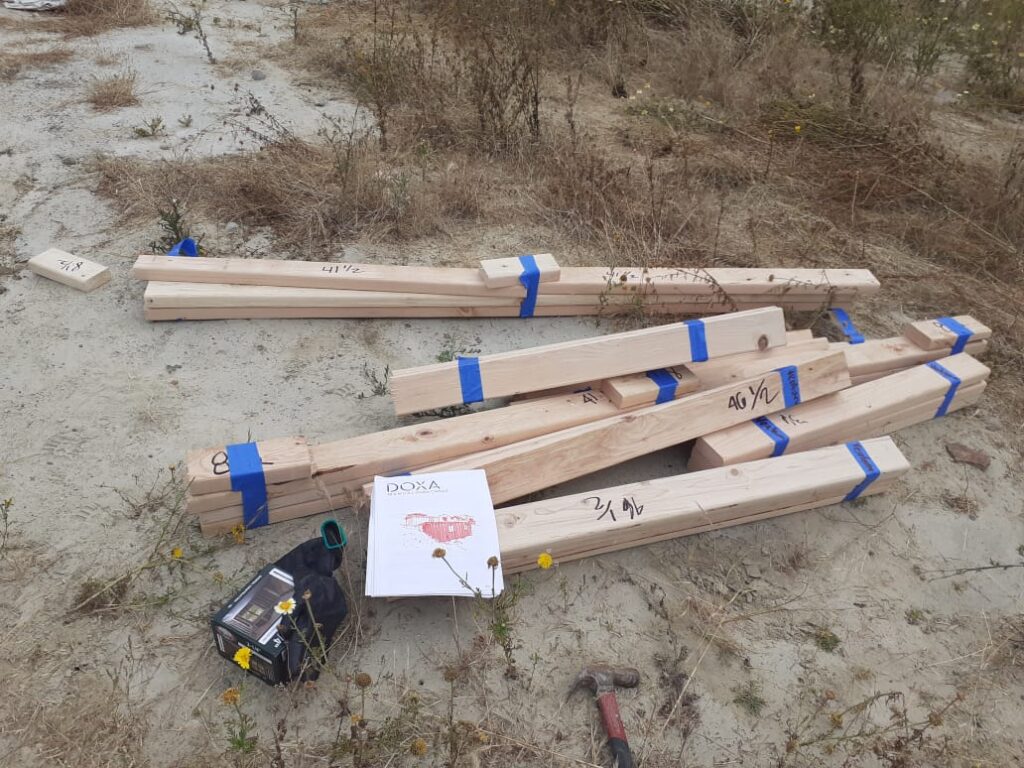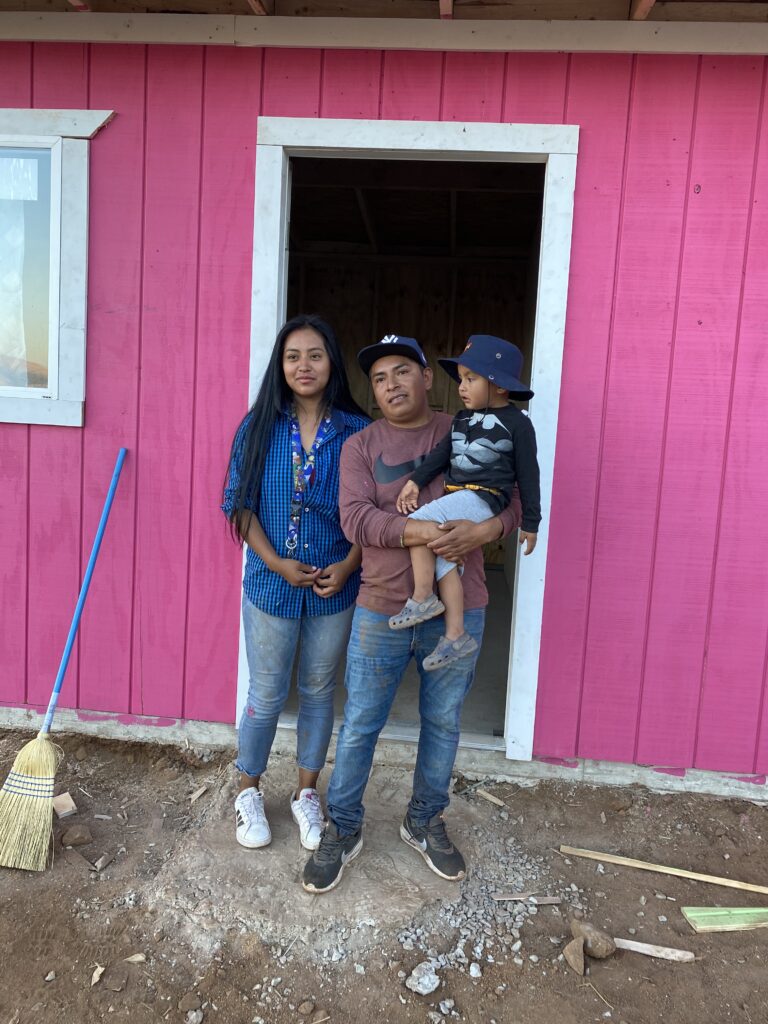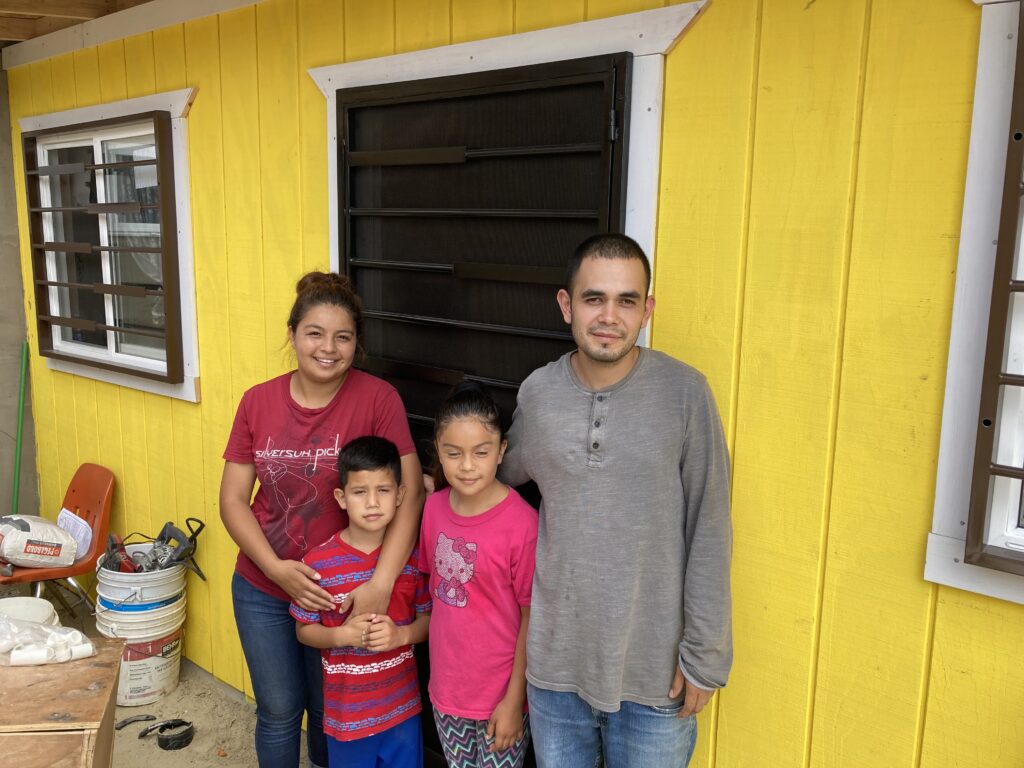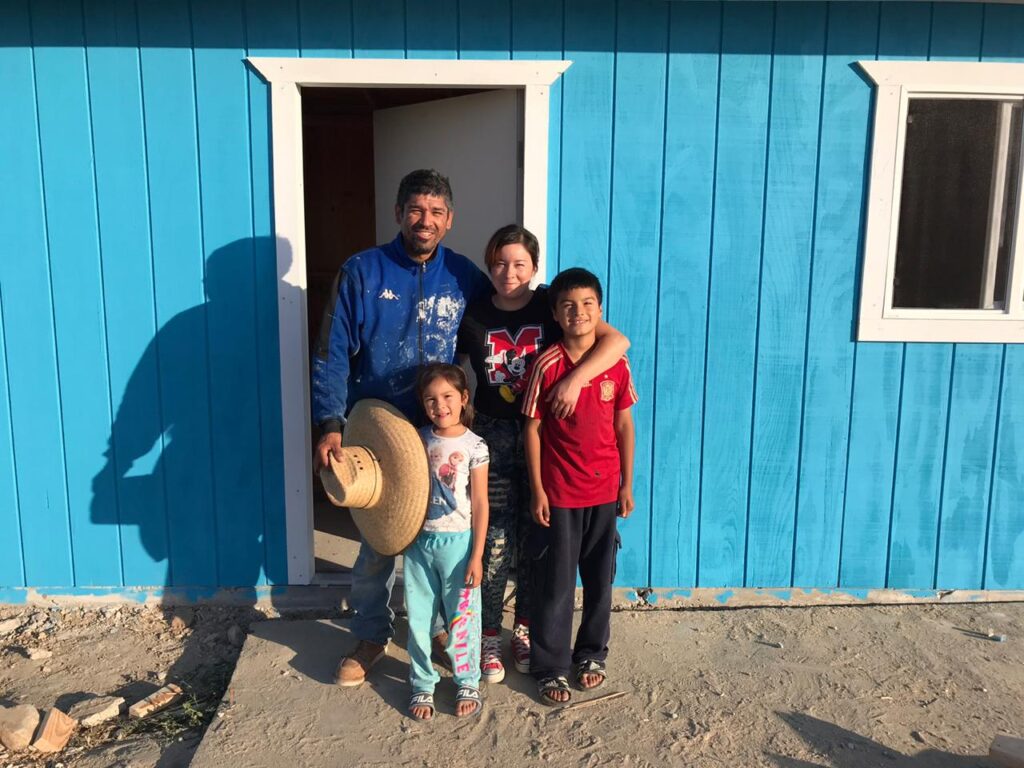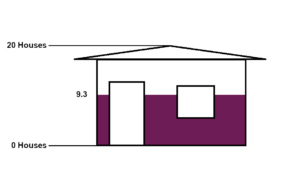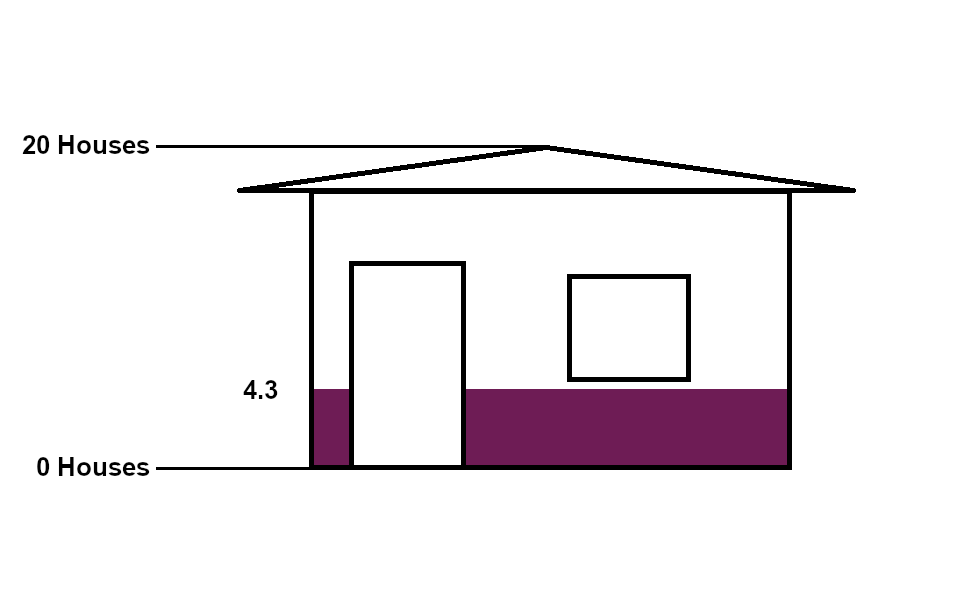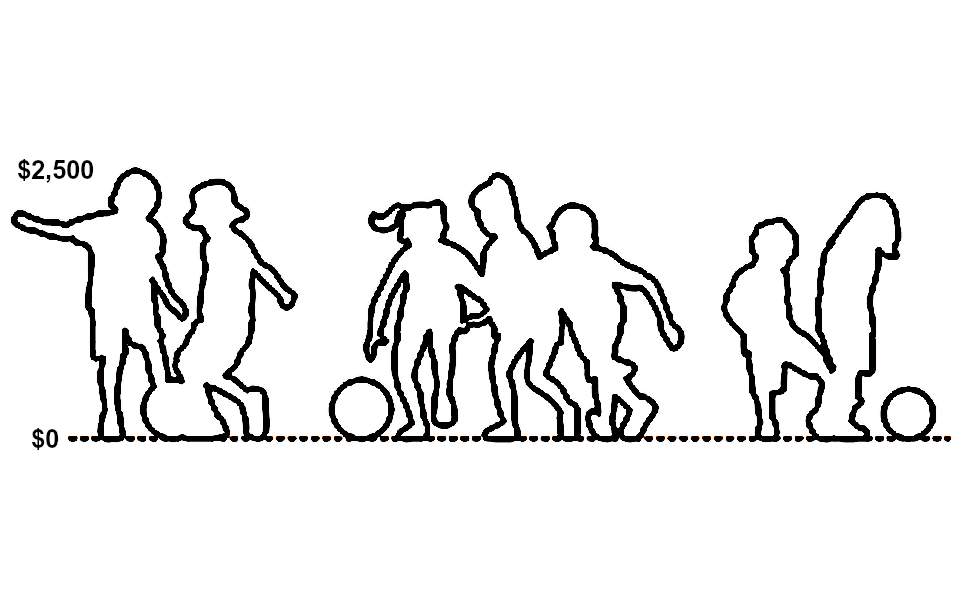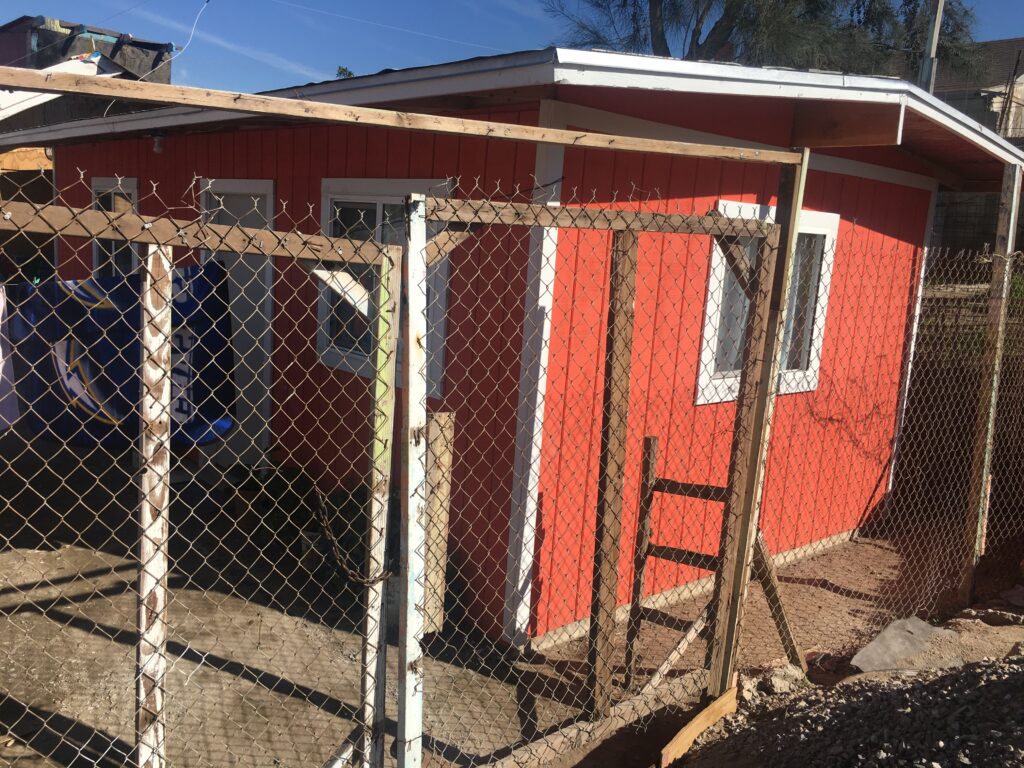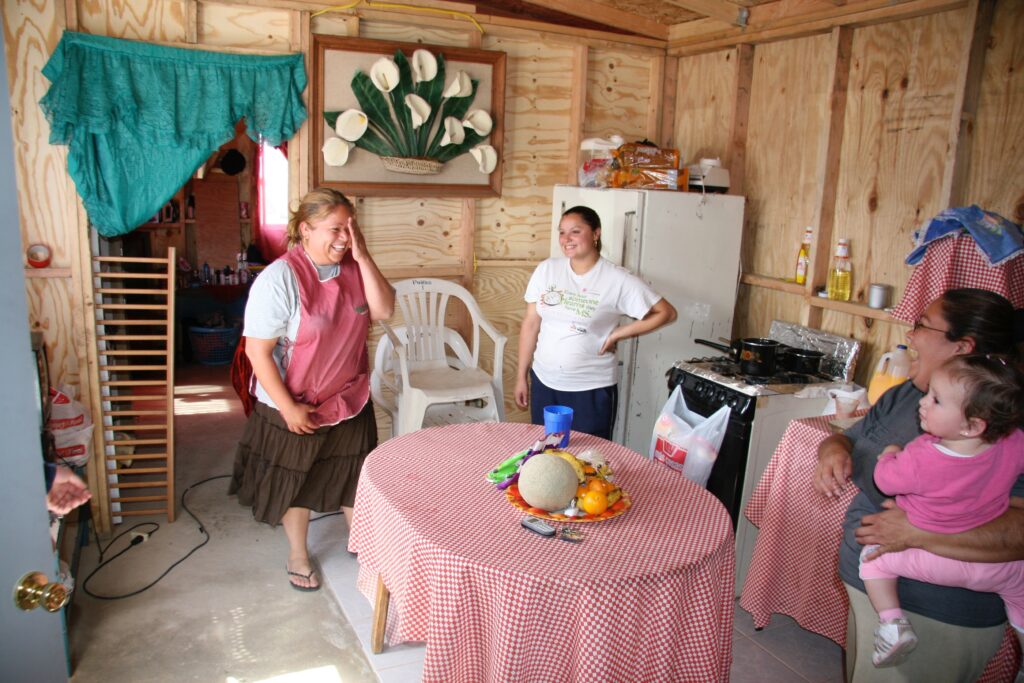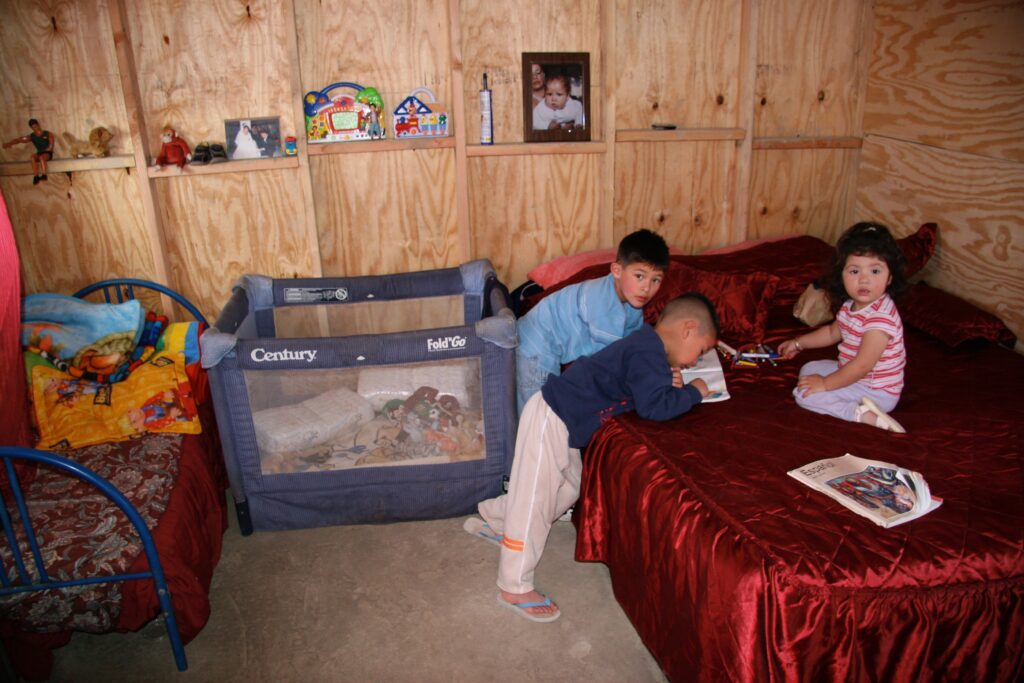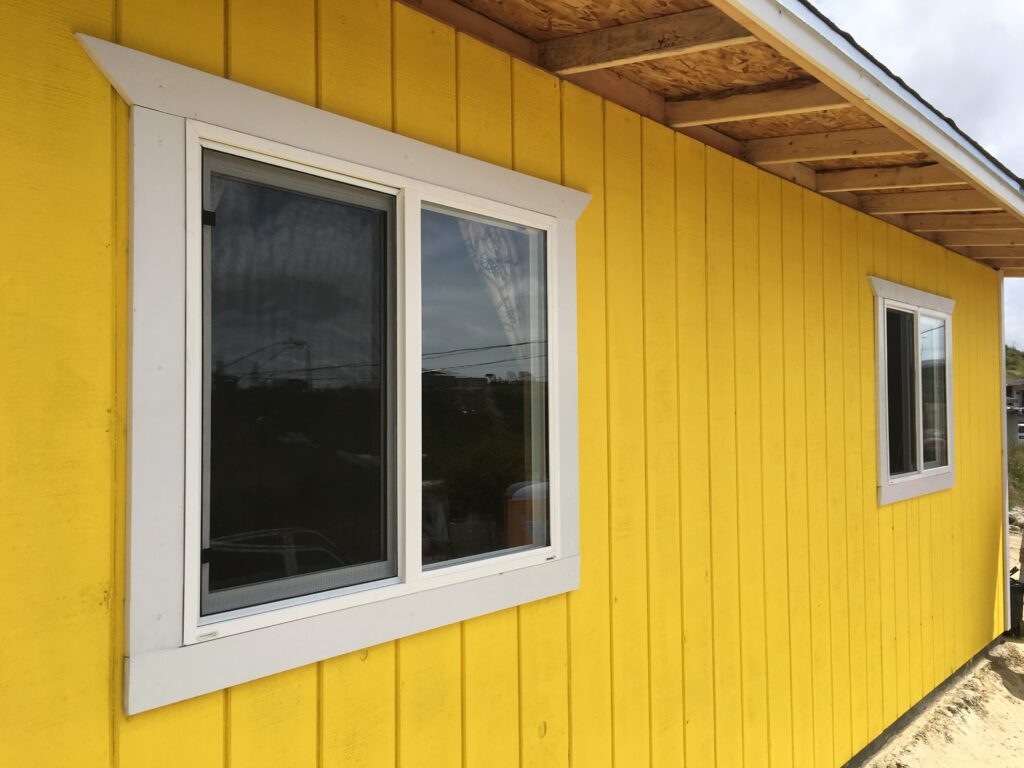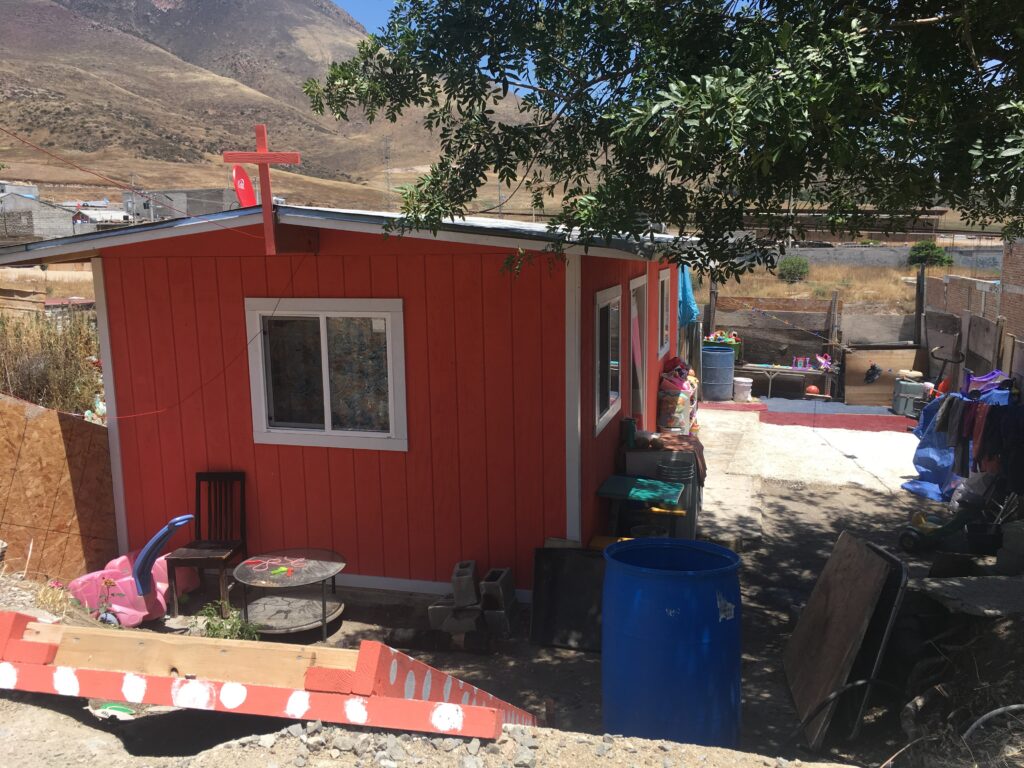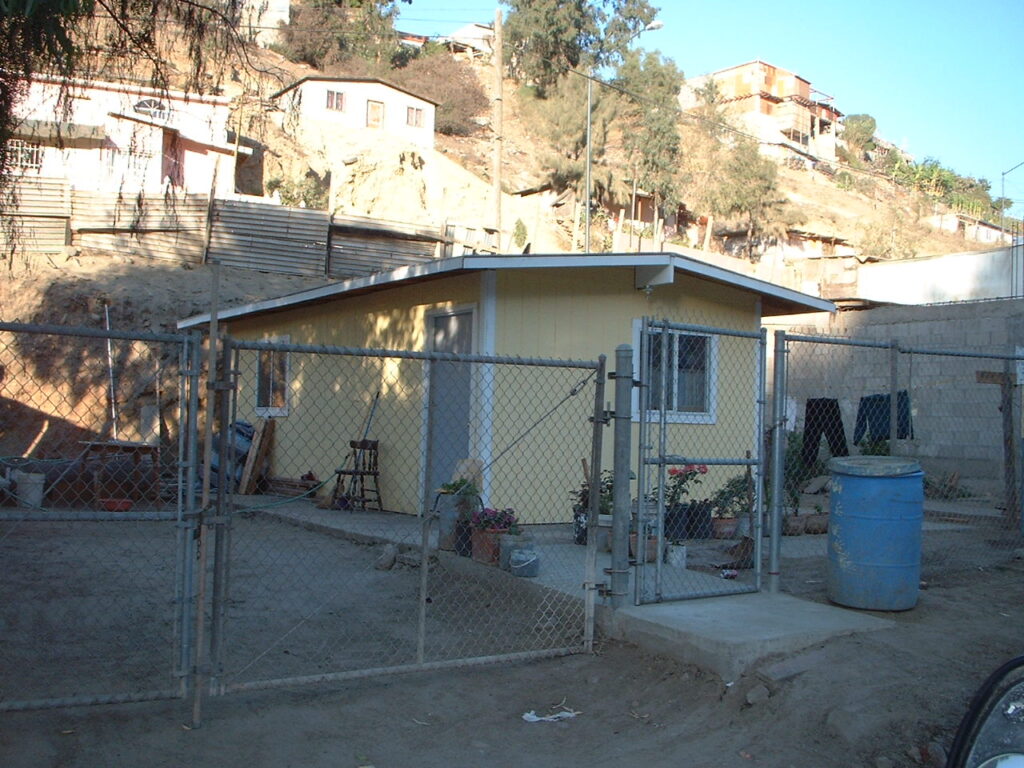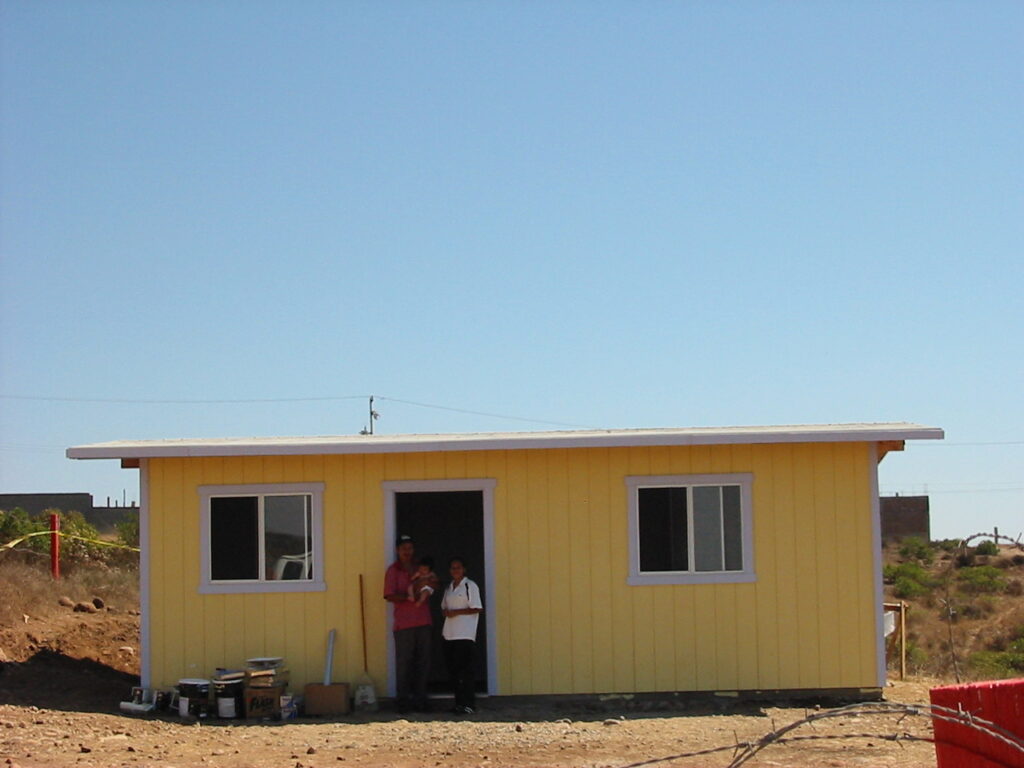Starting in 2017, Doxa expanded house building operations to a second location in East Tijuana. Explosive population growth and economic development trends led to this expansion. In East Tijuana house building is a primary need, whereas on the West side it is no longer as big of a need as it once was. As the community’s needs change, so must Doxa.
This gave rise to the need for an East Tijuana Home Base: a place where house building groups could arrive, stay, plan, and be sent out with all necessary resources and materials. After bouncing around for the first couple years, Doxa found Rancho. Part of a local church called Grupo Unidad, Rancho’s property is extremely large at about 20 acres. When we found Rancho, we immediately recognized the opportunity that God had put before us.
Rancho is located on a main road with great access to many surrounding neighborhoods and has lots of open space for programming. In getting to know Marco and Jaime, who are both primarily responsible for Rancho’s operations, we found some kindred spirits. People who were motivated to more fully activate Rancho and turn it into a focal point for the local community. We worked on a rough vision, where Doxa is one member of the team that helps to give life to Rancho’s spaces and buildings.
In addition to a close partnership with Doxa, Rancho hosts a soup kitchen, church, rehabilitation center, summer camps, and monthly community events. Marco recently said that “prior to Doxa, many people at Grupo Unidad forgot about Rancho. Doxa coming alongside helped to wake us up and see this great opportunity!”
Doxa’s intention is to grow with Rancho and continue to more fully activate the spaces!
Throughout 2023, Doxa has worked on some larger projects at Rancho that help to turn it into a great home base. With these projects complete, Rancho is setup for the foreseeable future to competently host and send house building groups to all East Tijuana neighborhoods. These projects include a new materials shed, bridge for better vehicle access, enhanced entrance ramp, and kitchen appliance upgrades.
The new materials shed is capable of storing 14 houses worth of lumber and has multiple access points so more than one group can use it at a time without being on top of each other.
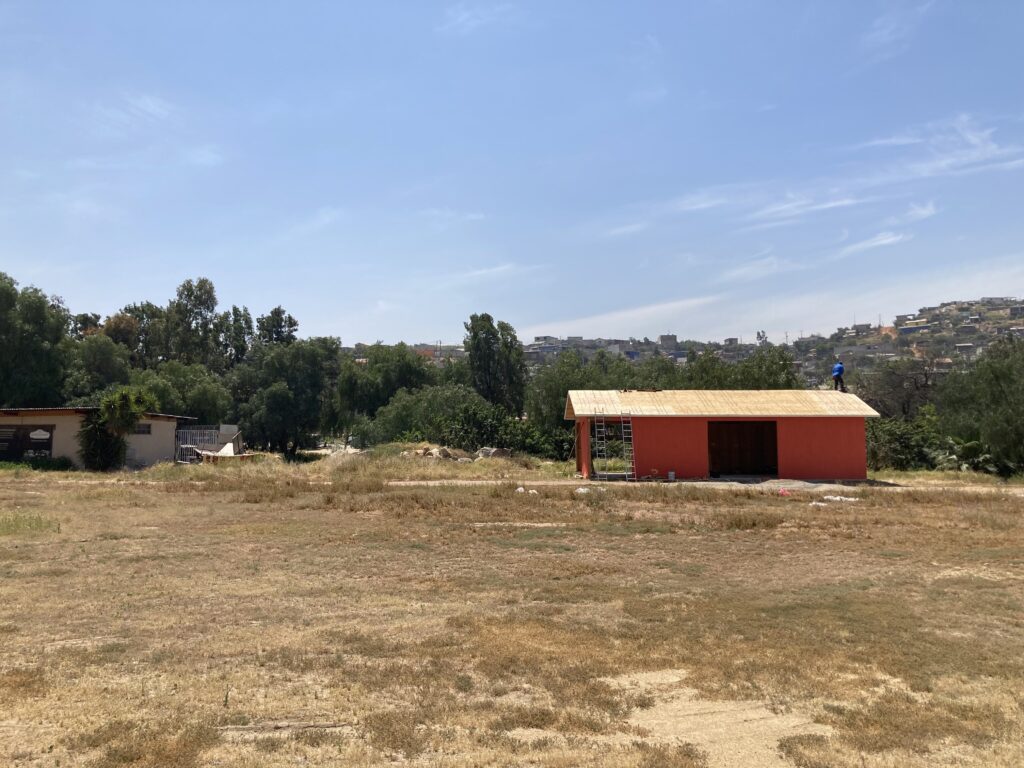
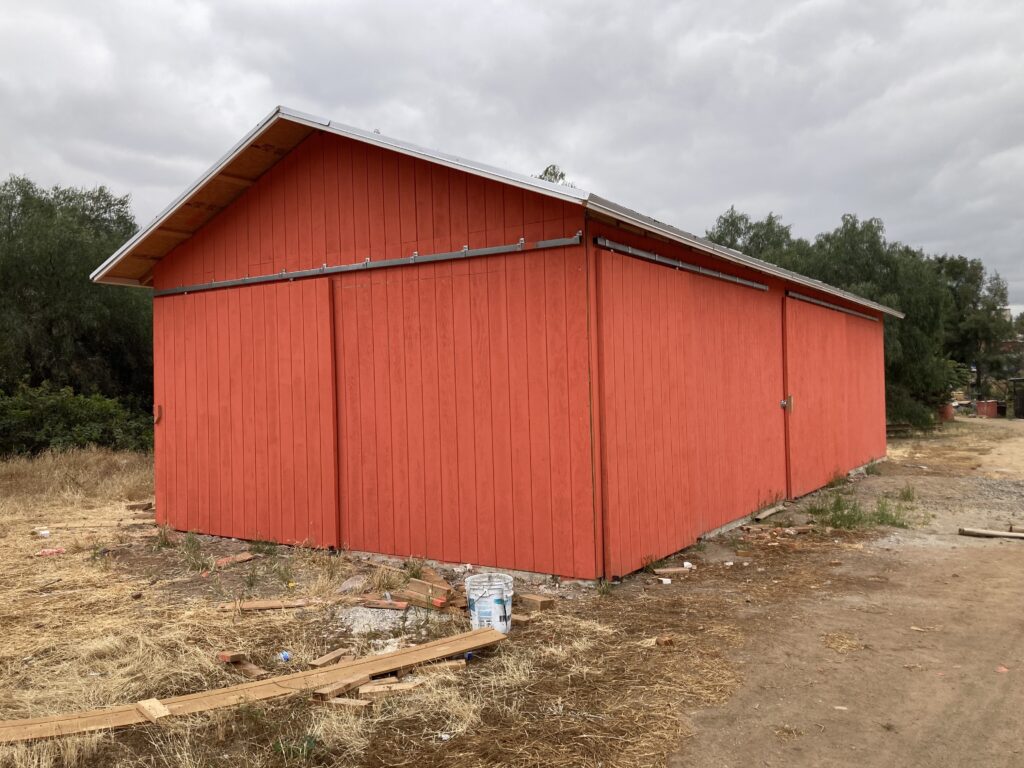
The bridge provides easy vehicle and semi-truck access to the shed; thereby allowing vehicles to park for loading and unloading. The enhanced entrance ramp helps to make Rancho’s driveway accessible by semi-truck and easier for smaller vehicles to enter and exit the property safely.
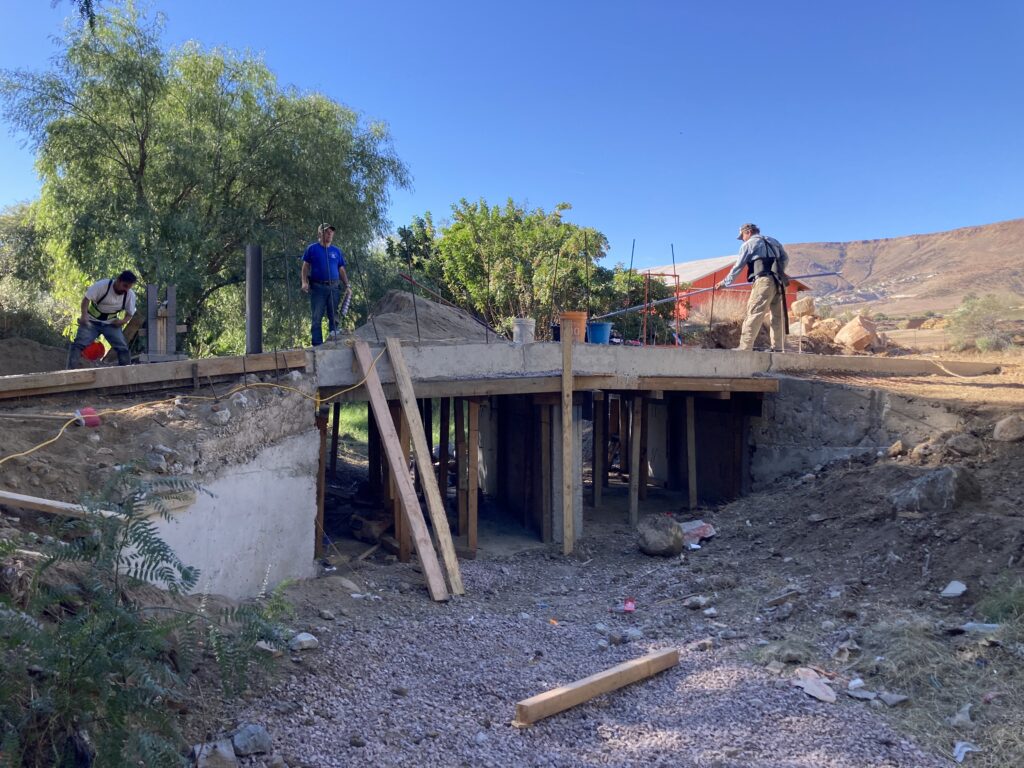
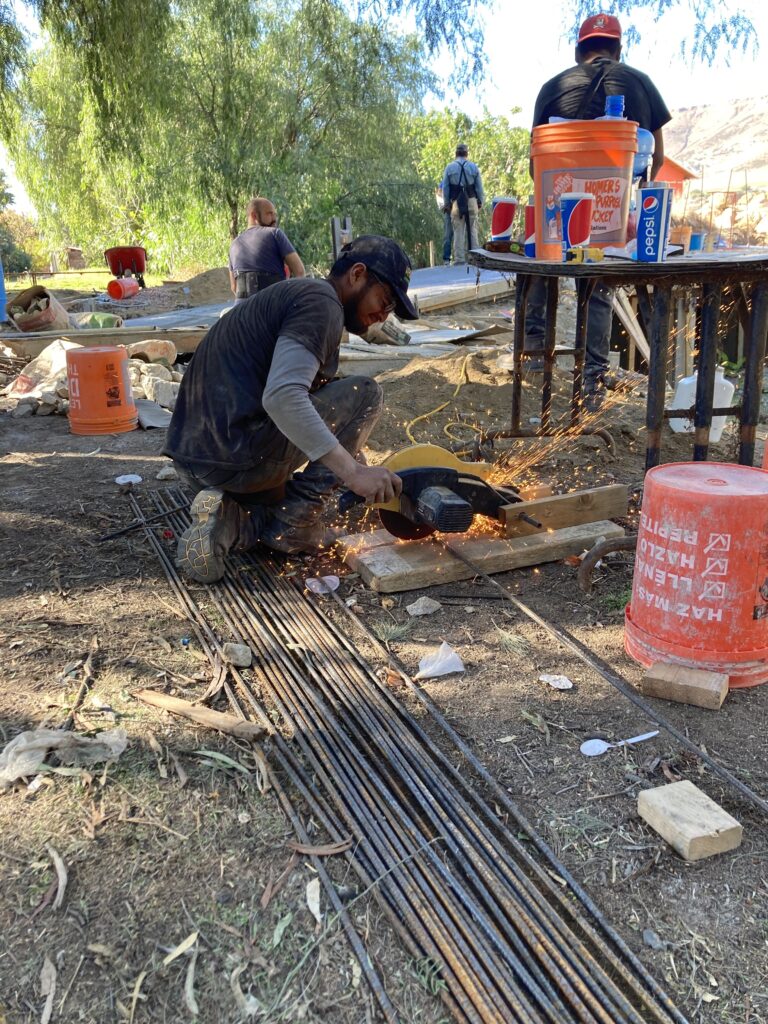
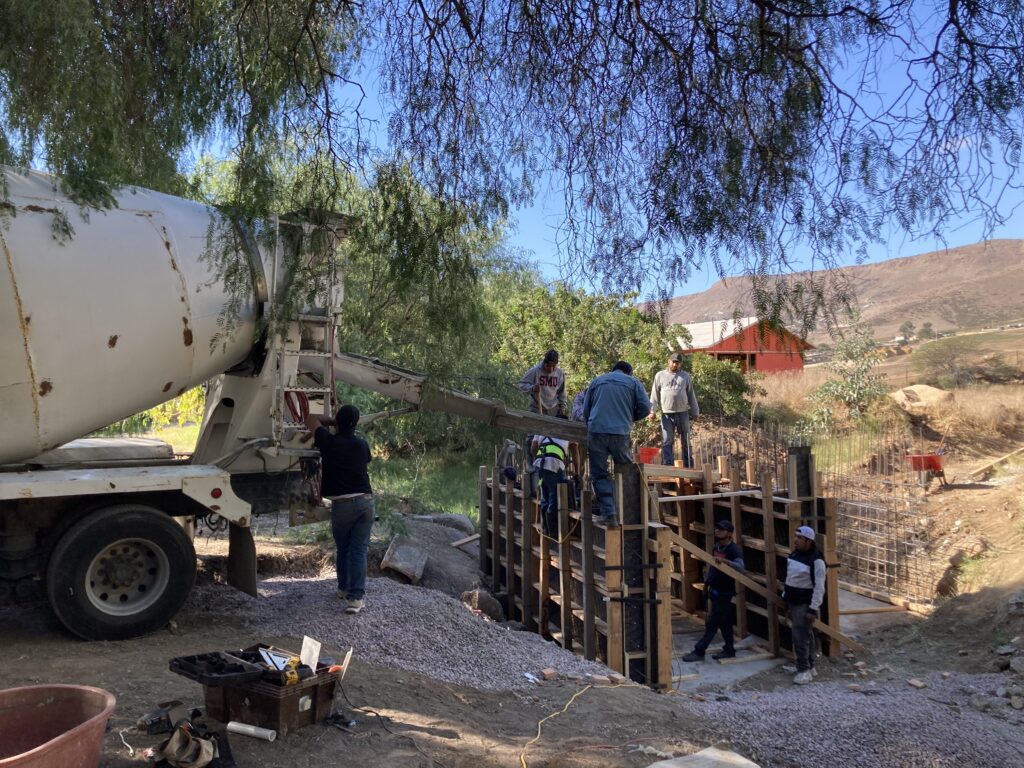
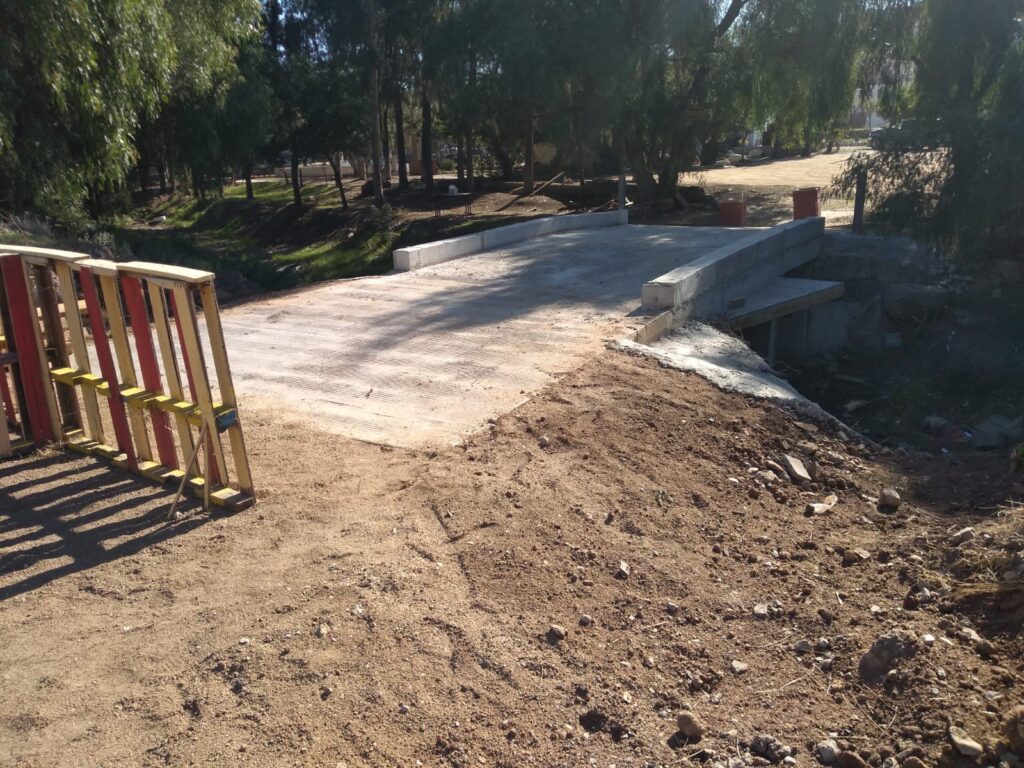
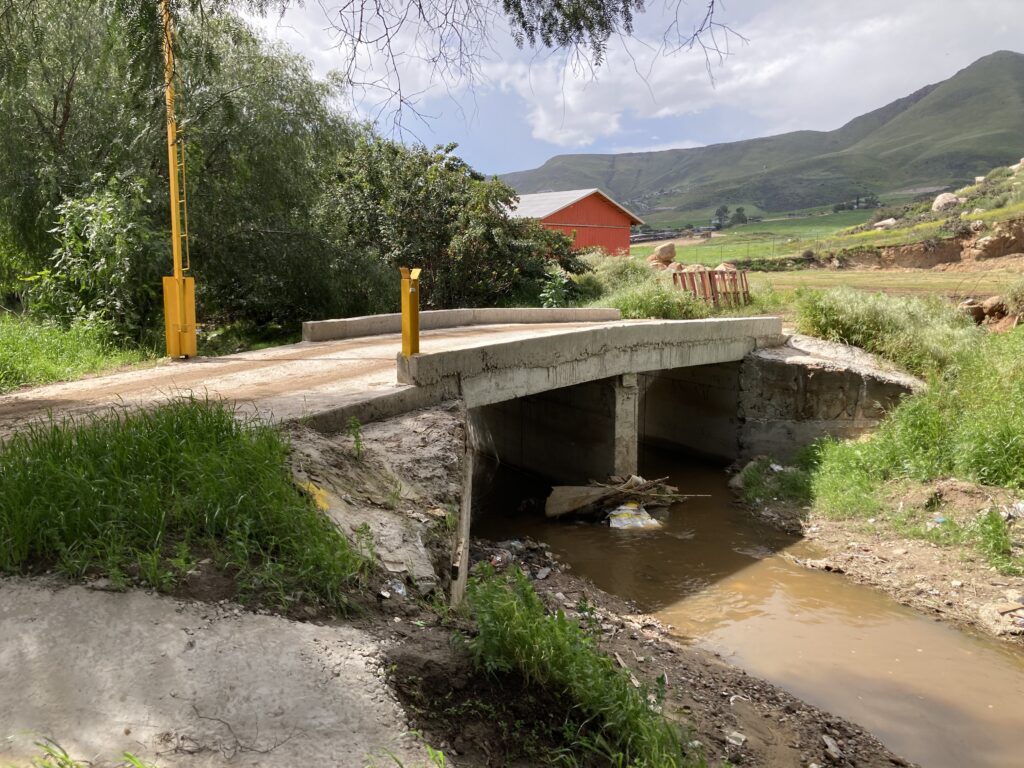
While still small, Rancho’s kitchen is fully equippd with everything needed to cook for groups of 100+ people. This specifically includes increased refrigerator and freezer space, commercial convection oven, larger sink, more countertop space, and storage shelving. It’s been awesome to see Rancho’s transformation over the past few years and a privilege to be a part of it. A partnership where the Holy Spirit is actively leading! We’re excited to see where we go next together!
